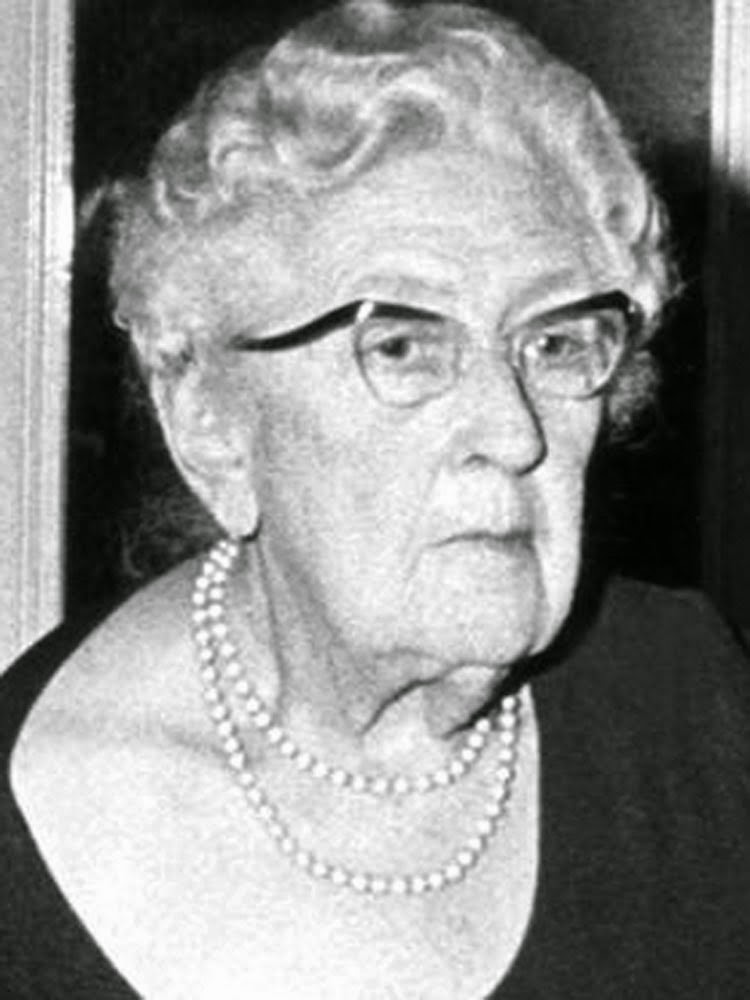In the heart of Haïta the illusions of youth had not been supplanted by those of age and experience. His thoughts were pure and pleasant, for his life was simple and his soul devoid of ambition. He rose with the sun and went forth to pray at the shrine of Hastur, the god of shepherds, who heard and was pleased. After performance of this pious rite Haïta unbarred the gate of the fold and with a cheerful mind drove his flock afield, eating his morning meal of curds and oat cake as he went, occasionally pausing to add a few berries, cold with dew, or to drink of the waters that came away from the hills to join the stream in the middle of the valley and be borne along with it, he knew not whither.
During the long summer day, as his sheep cropped the good grass which the gods had made to grow for them, or lay with their forelegs doubled under their breasts and chewed the cud, Haïta, reclining in the shadow of a tree, or sitting upon a rock, played so sweet music upon his reed pipe that sometimes from the corner of his eye he got accidental glimpses of the minor sylvan deities, leaning forward out of the copse to hear; but if he looked at them directly they vanished. From this - for he must be thinking if he would not turn into one of his own sheep - he drew the solemn inference that happiness may come if not sought, but if looked for will never be seen; for next to the favor of Hastur, who never disclosed himself, Haïta most valued the friendly interest of his neighbors, the shy immortals of the wood and stream. At nightfall he drove his flock back to the fold, saw that the gate was secure and retired to his cave for refreshment and for dreams.
So passed his life, one day like another, save when the storms uttered the wrath of an offended god. Then Haïta cowered in his cave, his face hidden in his hands, and prayed that he alone might be punished for his sins and the world saved from destruction. Sometimes when there was a great rain, and the stream came out of its banks, compelling him to urge his terrified flock to the uplands, he interceded for the people in the cities which he had been told lay in the plain beyond the two blue hills forming the gateway of his valley.
“It is kind of thee, O Hastur,” so he prayed, “to give me mountains so near to my dwelling and my fold that I and my sheep can escape the angry torrents; but the rest of the world thou must thyself deliver in some way that I know not of, or I will no longer worship thee.”
And Hastur, knowing that Haïta was a youth who kept his word, spared the cities and turned the waters into the sea.
So he had lived since he could remember. He could not rightly conceive any other mode of existence. The holy hermit who dwelt at the head of the valley, a full hour’s journey away, from whom he had heard the tale of the great cities where dwelt people - poor souls! - who had no sheep, gave him no knowledge of that early time, when, so he reasoned, he must have been small and helpless like a lamb.














